WASHINGTON (Army News Service, March 22, 2007) - An unusual group of Soldiers now has its story told in a book written by Dr. James C. McNaughton and published by the U.S. Army Center of Military History.
"Nisei Linguists: Japanese Americans in the Military Intelligence Service During WWII" is a history of the Nisei (NEE-say), second-generation Japanese Americans who served with the Military Intelligence Service during the Second World War.
"Their service was much more than an obligation to the land of their birth; it was an opportunity to prove themselves as loyal American citizens," Sen. Daniel K. Akaka said at a March 20 Capitol Hill event celebrating the release of the book and paying tribute to the Nisei linguists.
While distrust colored most Americans' treatment of the Japanese after the bombing of Pearl Harbor, the Army turned to U.S. citizens of Japanese ancestry for help in understanding the enemy.
"Army leaders knew that accurate and timely intelligence would be vital to saving American lives, attaining victory and conducting post-conflict operations," said McNaughton, command historian for the U.S. European Command in Stuttgart, Germany.
So engrained was their American heritage that many Nisei spoke little if any Japanese and were sent to the MIS Language School. Nearly 6,000 Soldiers were trained at the school during the war, most of them Nisei and dozens female volunteers for the Women's Auxiliary Army Corps, according to McNaughton.
Many Nisei linguists served on the front lines of war. Some served behind enemy lines, persuading Japanese militia to surrender, collecting information and sabotaging enemy operations. They also translated captured enemy documents, interrogated Japanese prisoners of war and intercepted communications.
"We were Nisei Army linguist Soldiers trained to use our Japanese language capabilities to support our fighting forces by providing timely and useful information against an enemy we knew so little about," said retired Col. Harry K. Fukuhara, one of 26 Niseis who volunteered in 1942 from the Gila River Internment Camp in Arizona.
Grant Hirabayashi was a member of Merrill's Marauders, or the 5307th Composite Unit, that destroyed Japanese supply and communication lines, established a supply route from India to China and captured the Myitkyina airfield. The 14 Nisei assigned to the unit took turns going beyond the perimeter to gather information.
"The Japanese soldiers conversed loudly, in the false knowledge that their language could not be understood by the Americans. In addition, the interpreters were able to intercept enemy oral commands and interpret on the spot, enabling the platoon leaders to concentrate fire power in the direction of the pending attack," said Hirabayashi, who was inducted into the Ranger Hall of Fame in 2004.
When the Japanese surrendered, the Nisei applied their cultural knowledge and language expertise to war-crimes trials, censorship of the Japanese press and government restoration.
Fukuhara said his and fellow Nisei's work earned them the right to be referred to as "America's secret weapon in World War II."
"The U.S. Army needed us and we rose to the challenge. We were doing work that nobody else could do, coaxing valuable information from prisoners that could save American lives," he said.
Hirabayashi and Fukuhara each said they volunteered to help America, even though some of their fellow citizens were wary of their intentions.
"...what we shared and had in common, although we didn't say so openly, was our strong feeling of patriotism and loyalty to our country," Fukuhara said. "Some of us were Kibeis, born in the U.S. and reared in Japan. We had lived in both countries and were able to compare."
Hirabayashi said he was thankful for the chance to fight for freedom and equality. "We fought side by side, shoulder to shoulder, alongside fellow Americans of many cultures and proved that Americanism has nothing to do with place of origin or color of skin, and that is has everything to do with spirit, conviction and love of freedom.
"What gave me the greatest satisfaction was winning the trust and confidence of my fellow Marauders and the American people," he said.
The book is available at <a href="http://bookstore.gpo.gov"target=_blank> bookstore.gpo.gov</a>.
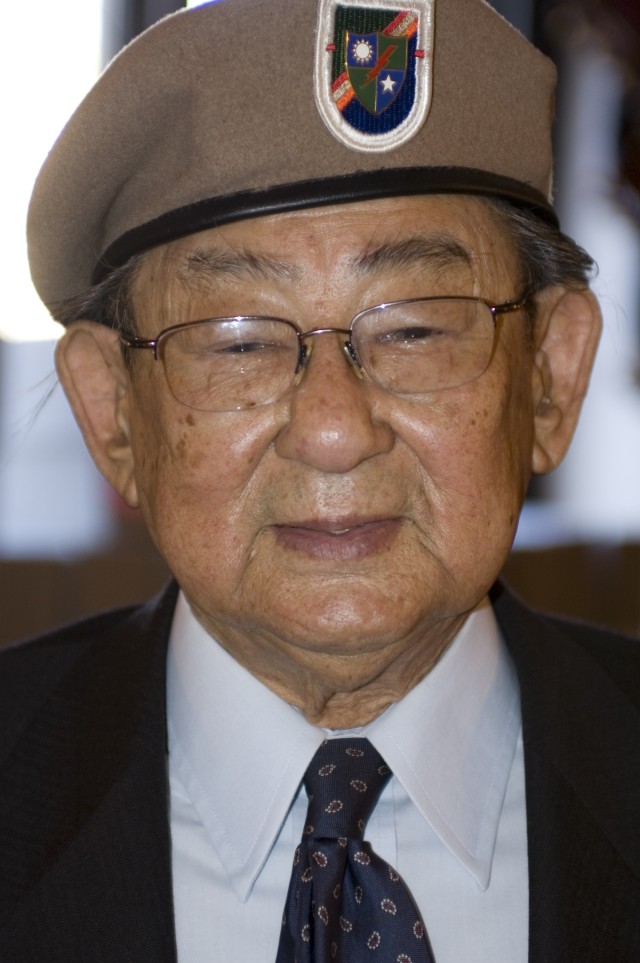
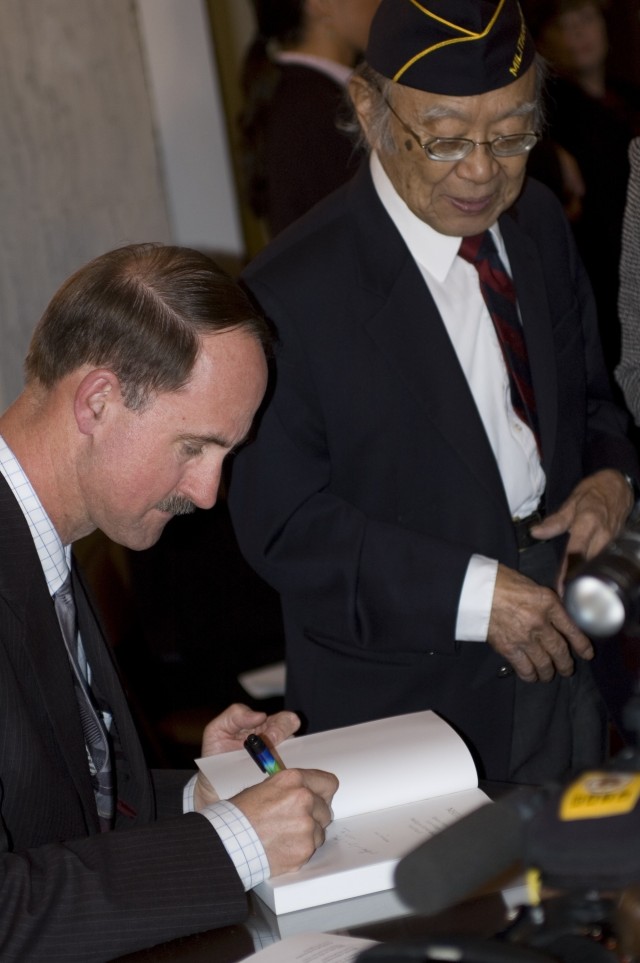
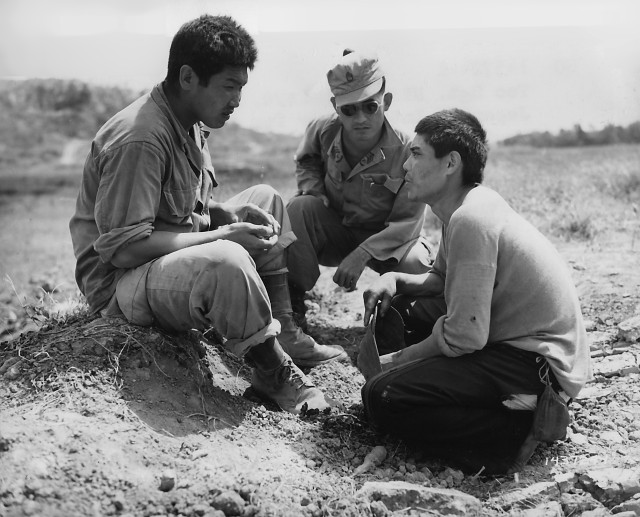
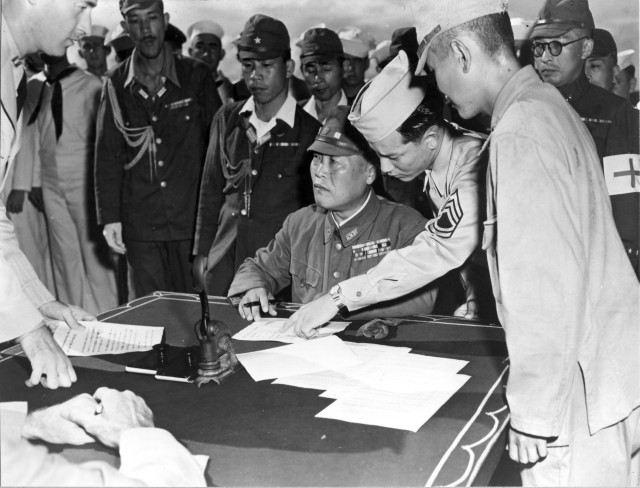
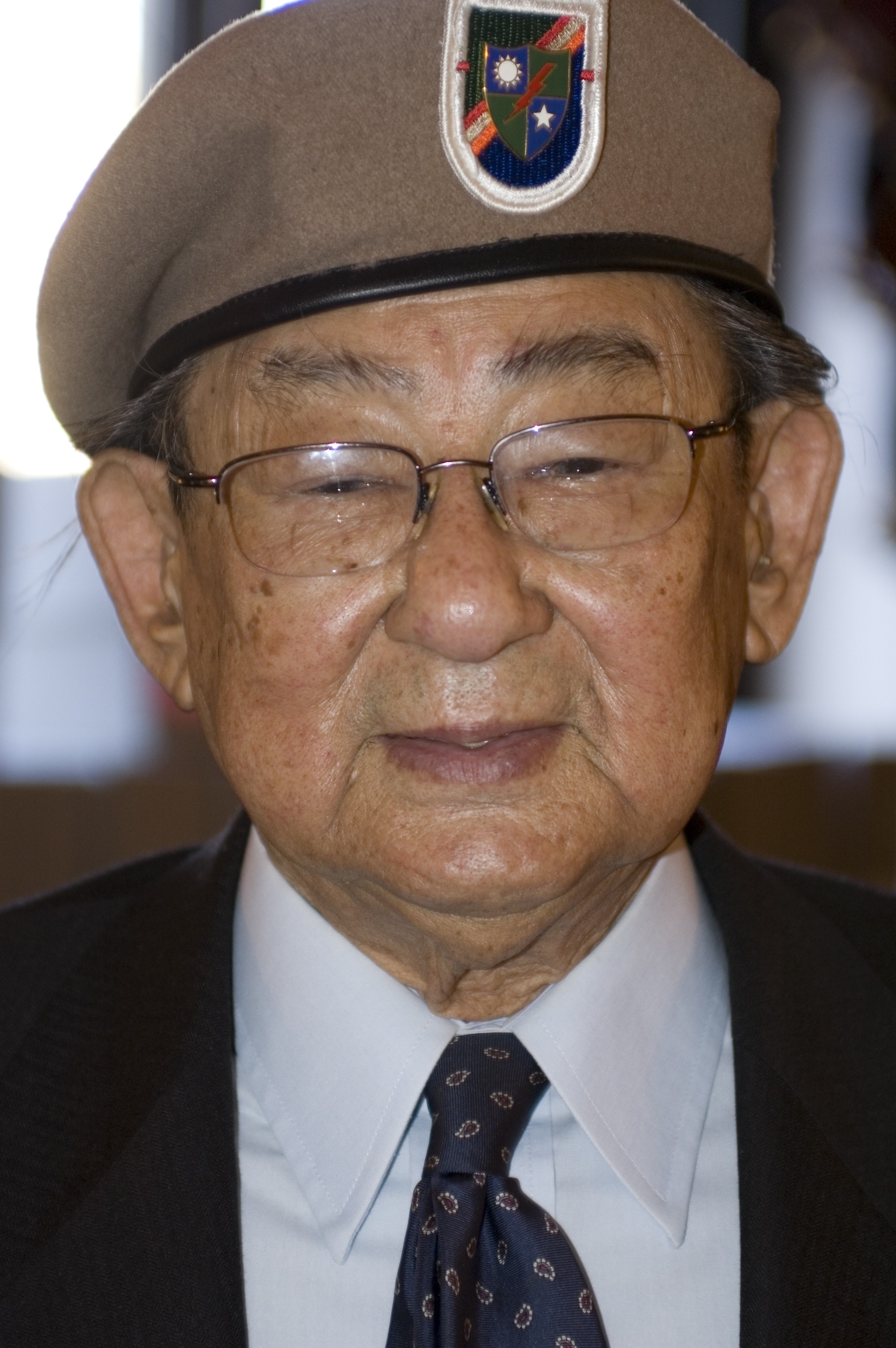
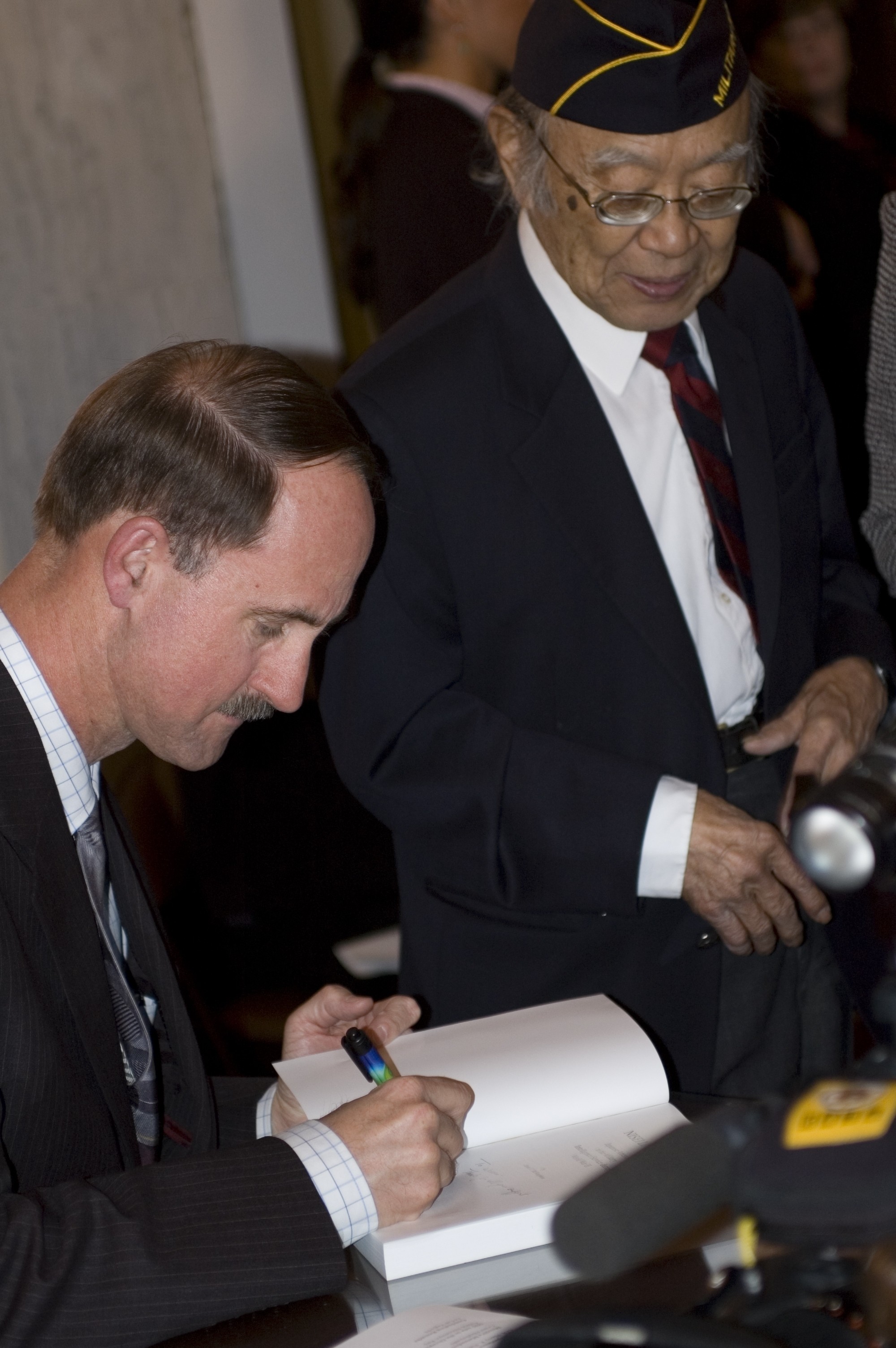
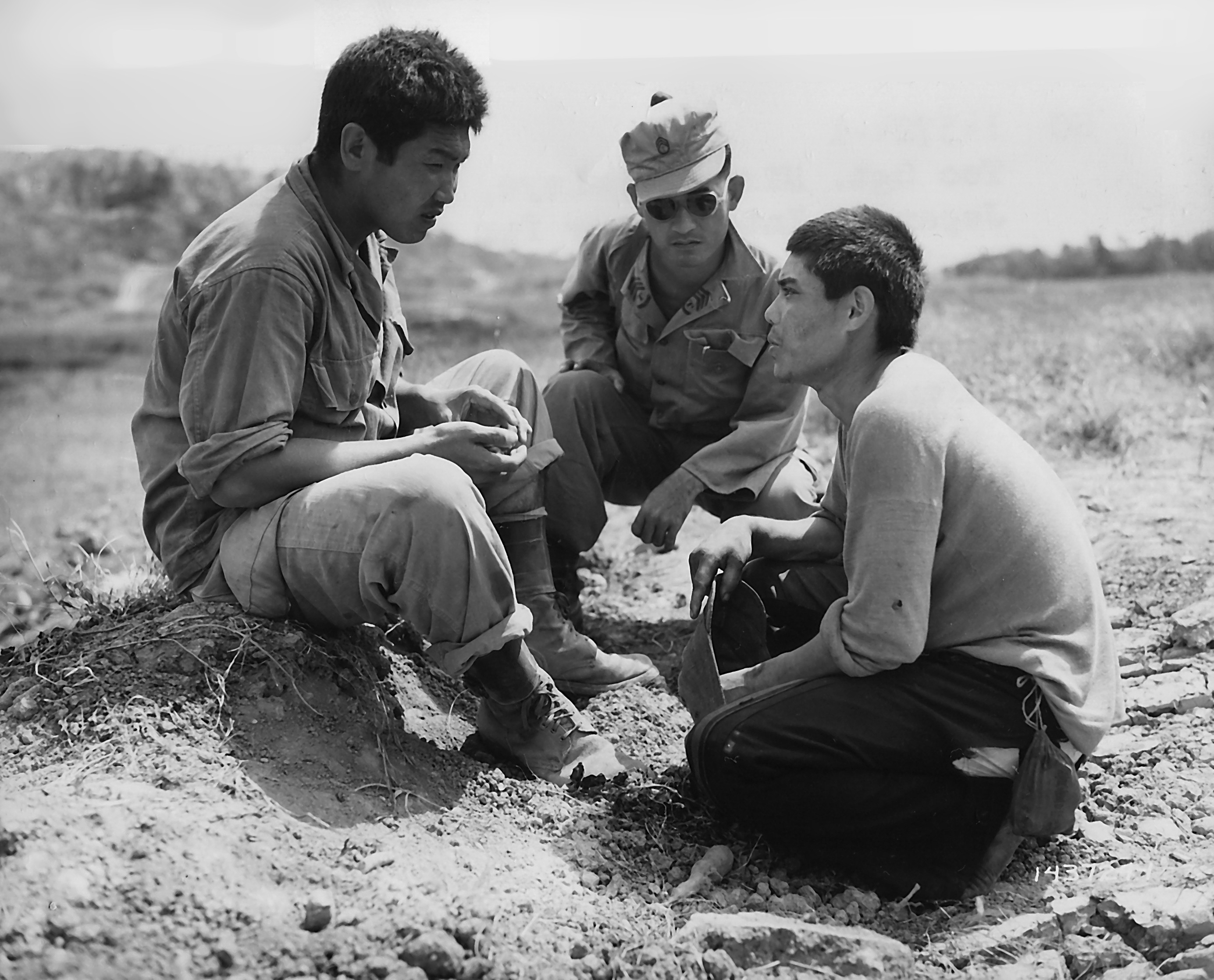
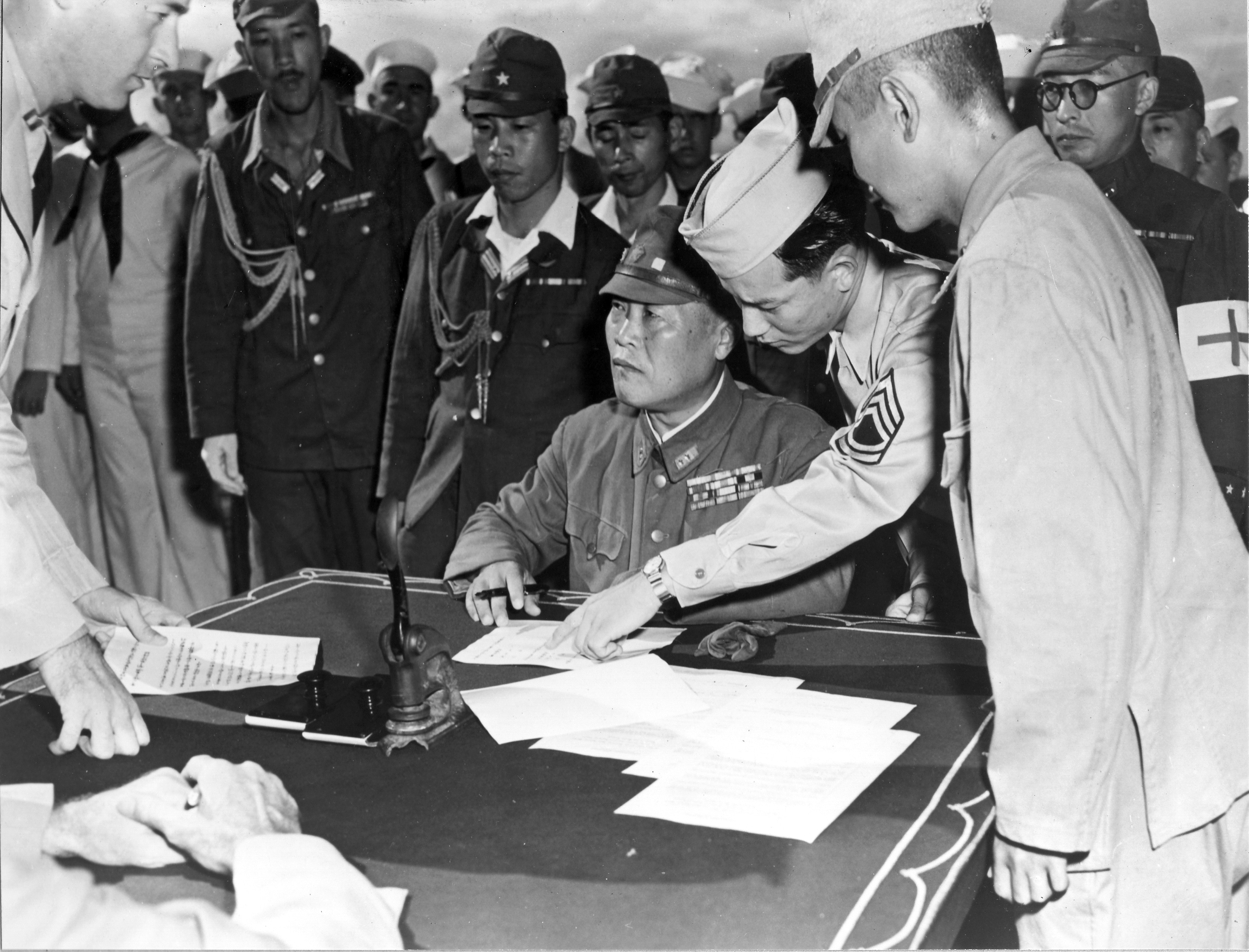
Social Sharing